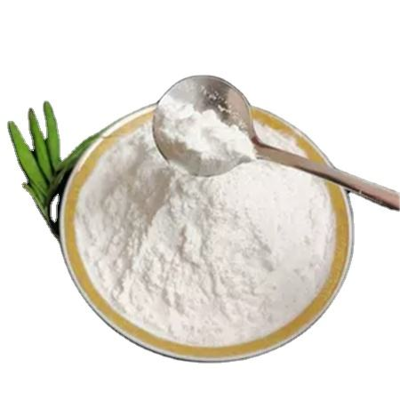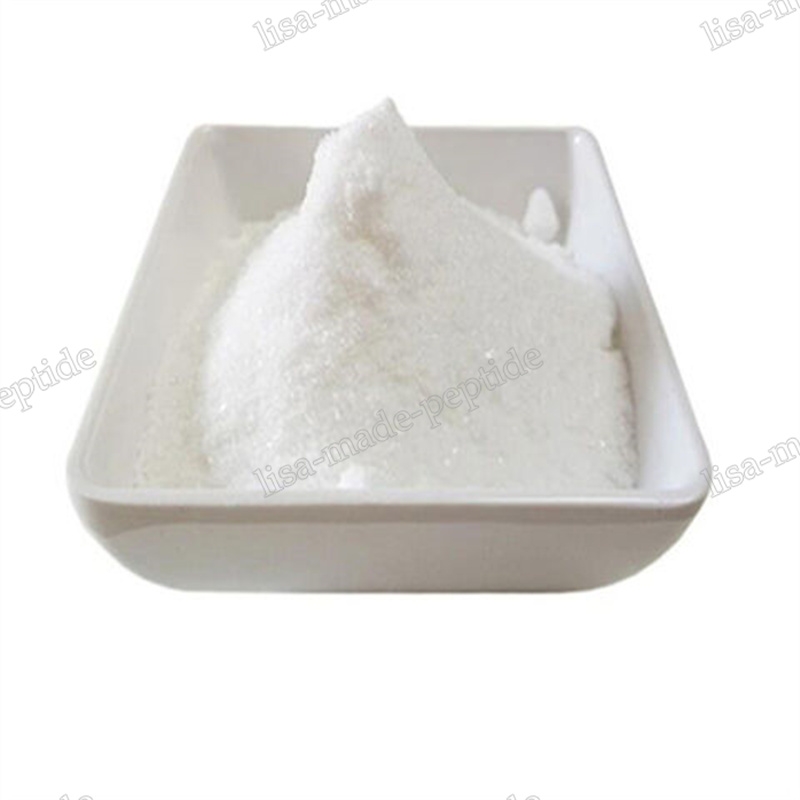-
Categories
-
Pharmaceutical Intermediates
-
Active Pharmaceutical Ingredients
-
Food Additives
- Industrial Coatings
- Agrochemicals
- Dyes and Pigments
- Surfactant
- Flavors and Fragrances
- Chemical Reagents
- Catalyst and Auxiliary
- Natural Products
- Inorganic Chemistry
-
Organic Chemistry
-
Biochemical Engineering
- Analytical Chemistry
-
Cosmetic Ingredient
- Water Treatment Chemical
-
Pharmaceutical Intermediates
Promotion
ECHEMI Mall
Wholesale
Weekly Price
Exhibition
News
-
Trade Service
At the first China-Gulf Cooperation Council Summit held earlier this month, China announced that it will continue to expand imports of crude oil and liquefied natural gas from GCC countries in the next 3~5 years, strengthen oil and gas development, clean and low-carbon energy technology cooperation, and carry out RMB settlement
of oil and gas trade.
Is "petroyuan settlement" really coming? The author believes that the establishment of the "oil RMB settlement" mechanism has a foundation and expectations, but the road is obstructed and long, and it is necessary to step on a steady step and take another step, and cannot act
rashly.
In recent years, the international recognition of RMB has been continuously improved, laying the foundation
for the establishment of a "petroleum RMB settlement" mechanism.
Policy measures such as cross-border RMB, the construction of international offshore settlement centers, the implementation of swap agreements between RMB and multinational sovereign currencies, the "Belt and Road" initiative, the opening of RMB-denominated crude oil futures, the construction of CIPS system, and the digital RMB have continuously promoted the international recognition of
RMB.
At present, the RMB can account for about 3% of global settlement, foreign exchange transactions, and reserve currencies, and the relevant data is growing
.
According to the "Report on RMB Internationalization (2021~2022)" recently released by the China Banking Association, in 2021, RMB is the second most commonly used currency in China's cross-border balance of payments, the fifth most commonly used currency in global foreign exchange reserves, and the eighth most commonly used currency
in global foreign exchange transactions 。 The official foreign exchange reserve currency composition (COFER) data released by the International Monetary Fund (IMF) also shows that in the first quarter of 2022, the renminbi accounted for 2.
88% of global foreign exchange reserves, up 1.
8 percentage points from 2016, when the renminbi first joined the special drawing right (SDR) currency basket, ranking fifth
among major reserve currencies.
Therefore, with the increasing internationalization of the RMB, there is a corresponding foundation
for the establishment of a "petroleum RMB settlement" mechanism.
The establishment of the "oil RMB settlement" mechanism is also conducive to greater guarantee
of China's oil and gas supply in terms of price and quantity.
Over the years, China's energy demand has increased day by day, surpassing the United States to become the world's largest net oil importer, and its dependence on foreign oil has climbed to more than
70% since 2017.
China is one of the largest demanders of the oil and gas market, since the opening of the oil and gas futures trading platform in Shanghai, the trading volume has increased rapidly, if coupled with the future oil spot transaction settlement with Middle East countries, China is expected to gradually obtain international oil and gas pricing power in line with the market size and international status, promote the internationalization of the RMB, and obtain greater protection
in the price and quantity of oil and gas supply.
Since 2000, the diversification of oil-settled currencies has begun to emerge
.
China has a large and steadily growing oil demand, and the Middle East has a global oil supply adjustment mechanism
.
Signing a long-term agreement with China to accelerate the layout of RMB oil is not only conducive to stabilizing the economic growth expectations of oil-producing countries, but also an inevitable manifestation
of the Middle East's pursuit of more international discourse.
For China and Middle Eastern countries, the settlement of oil in RMB means that the payment channel is smoother, more convenient and faster, and it will also greatly enhance the influence
of RMB in the international trading system.
However, the "petro-renminbi settlement" mechanism will not be achieved overnight, but has a long
way to go.
It is worth noting that in the official documents and statements of the China-Gulf Cooperation Council summit did not appear the relevant expression on the settlement of oil yuan, but proposed that in the next 3~5 years, China is willing to make efforts
with GCC countries in five key areas of cooperation.
In fact, from the perspective of international settlement currency status, international reserve currency status, international financing currency status, international active currency status and exchange rate stability, the RMB still has a lot of room
for improvement.
At present, the conceptual significance of the petroyuan is greater than its practical significance
.
History also proves that the mechanism of the global monetary standard and the bulk anchor currency is difficult to change
overnight.
To support the stable and long-term internationalization of the RMB, on the one hand, it is necessary to maintain the normal state of fiscal and monetary policy for as long as possible, ensure that the economy operates in a reasonable range, and maintain the stability of the actual purchasing power of the local currency; On the other hand, it is necessary to steadily promote institutional financial opening and create an increasingly convenient, transparent and predictable market environment
for institutional investors, including overseas central banks.







